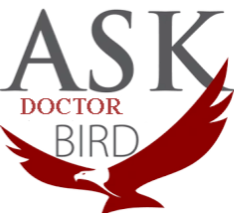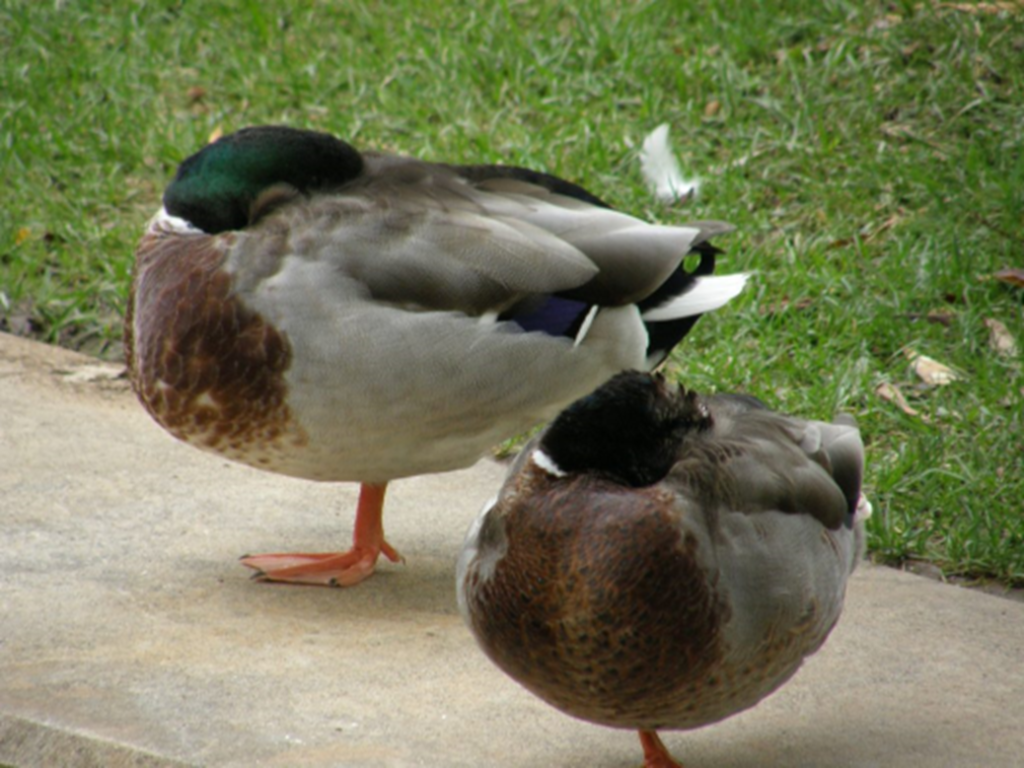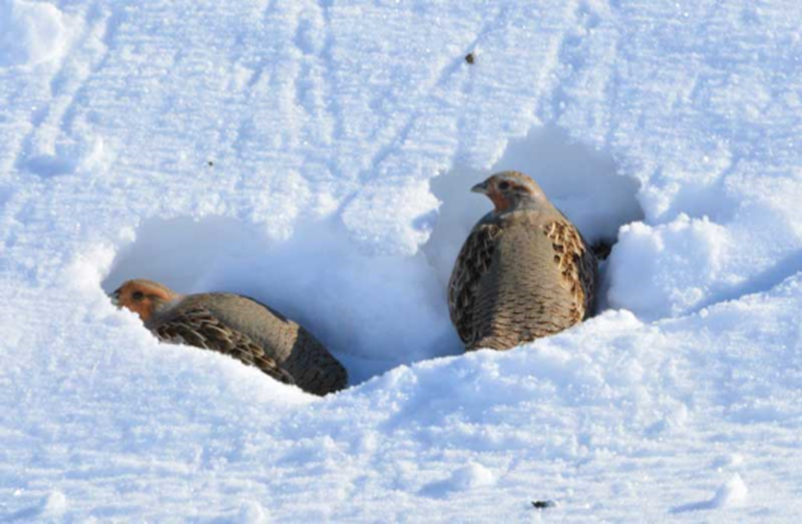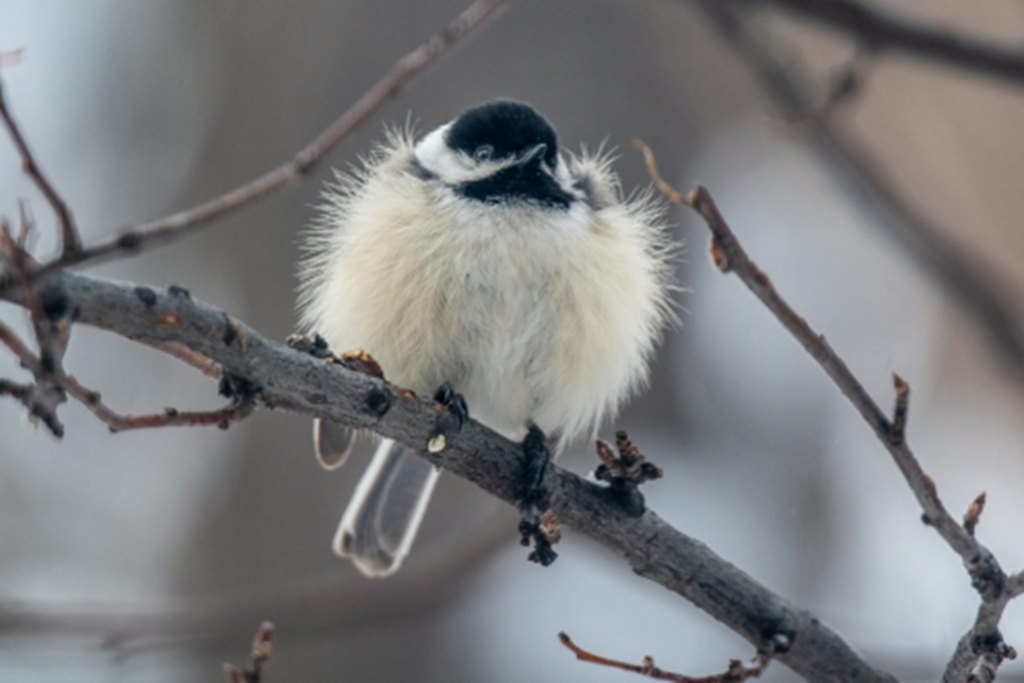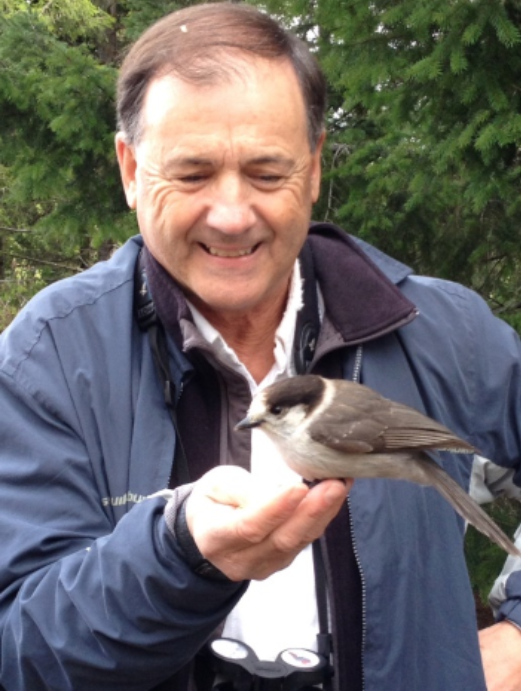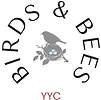Question:
How do birds deal with the chilly temperatures in winter?
Response:
Birds have an amazing number of behavioural and physiological adaptations for surviving the coldest of conditions. It has a lot to do with their most unique feature—feathers. If you’re looking for natural lightweight insulation, you couldn’t find better than bird feather coats. Just like we throw on extra clothing to combat winter cold, some birds enhance their insulation from feathers by molting into fresh, thick plumage. Some sparrows that spend their winters in chilly areas actually increase their plumage weight by as much as seventy percent from summer to winter! They also fluff out their feathers to create warm air pockets to increase the insulation value of its plumage. And here’s another trick we humans can’t do. At night-time, especially in extremely cold weather, birds can lower their body temperature a few degrees to conserve energy. When a bird becomes cold, it tenses its breast muscles and begins to shiver to generate body heat. In really cold wintry weather, birds favour sheltered or wind-protected areas in both feeding and roosting locations and waterfowl often tuck their heads into their “armpits”. So, don’t worry about the birds in winter. Nature has provided them with quite and array of adaptations. After all, if they couldn’t handle it, they wouldn’t stay, right?
Why do sleeping ducks tuck their head under a wing?
Since they have no pillow, when ducks sleep, they rest their heads on their backs. In doing so, their bills nuzzle down into their feathers and appear to be under the wing. It’s possible that as they relax in sleep, the bill may slide and end up resting partly under the wing, but this is incidental rather than deliberate.
David M. Bird, Ph.D., Emeritus Professor of Wildlife Biology, McGill University www.askprofessorbird.com

David M. Bird is Emeritus Professor of Wildlife Biology and the former Director of the Avian Science and Conservation Centre at McGill University. As a past-president of the Society of Canadian Ornithologists, a former board member with Birds Canada, a Fellow of both the American Ornithological Society and the International Ornithological Union, he has received several awards for his conservation and public education efforts. Dr. Bird is a regular columnist on birds for Bird Watcher’s Digest and Canadian Wildlife magazines and is the author of several books and over 200 peer-reviewed scientific publications. He is the consultant editor for multiple editions of DK Canada’s Birds of Canada, Birds of Eastern Canada, Birds of Western Canada, and Pocket Birds of Canada. To know more about him, visit www.askprofessorbird.com or email david.bird@mcgill.ca.
